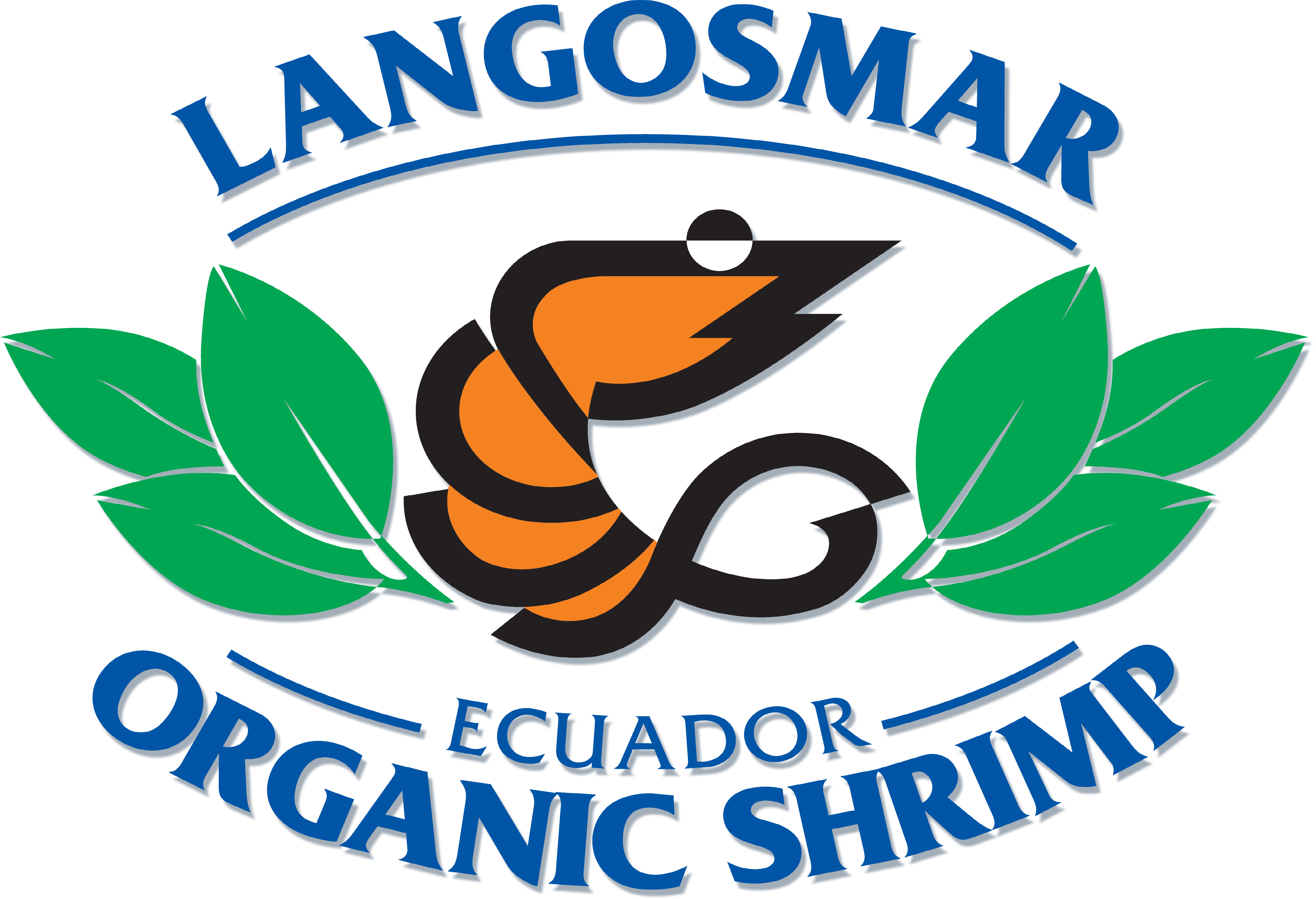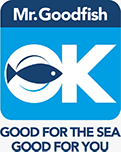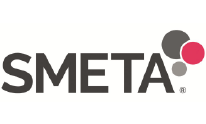Certificates
Our mission is to produce organic shrimp of the best quality while being socially and
environmentally responsible in order to provide our customers with a trustworthy product with impeccable traceability.
Our farms and packaging plant are certified by the most prestigious international standards.
Our Commitment
We are committed to provide responsibly farmed organic shrimp of the best quality. To preserve the natural environment and avoid any possible impact on the environment, we have maintained neighboring mangrove forests intact, ensuring we do not affect the habitats of other species in the zone.
Environmental impact
The use of any kind of feed has been eliminated from our protocol, resulting in less pollution on water sources, and our shrimp feeding in conditions similar to those in the ocean. In addition to our no feed protocol, no antibiotics, pesticides, or GMOs are used in our production processes. We closely monitor water quality parameters. Our farms and packaging plant are certified organic by the most prestigious standards worldwide.
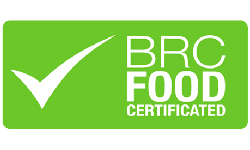
BRCGS — British Retail Consortium
The BRCGS Global Standard for Food safety was created to help the food industry meet legislative requirements of the European Union General Product Safety Directive and the UK Food Safety Act. BRCGS certification is an internationally recognized mark of food safety and quality.
In order to obtain this certification, establishments need to undertake a third-party audit against Standard requirements by and accredited certification body.
The BRCGS makes special emphasis on the importance of management commitment. It focuses on HACCP processes, quality management systems, manufacturing processes along with their respective documentation, ensuring resilience, transparency and traceability in the supply chain, among others.
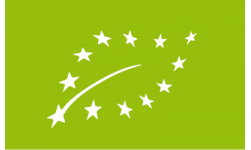
Euroleaf
The European Organic Certification allows producers to use their logo on their packaging to help consumers in the European Union easily identify organic products.
This certification focuses on climate and environment protection, conservation of soil fertility, preservation of biodiversity, respect of natural cycles and animal welfare, absence of use of chemical and synthetic products, absence of GMOs, and transparent labeling for consumers.
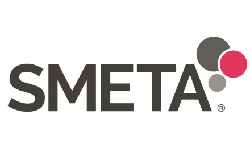
SMETA (Sedex Members Since 2020) Approved
Since we strive to give our customers the confidence that besides a top-quality product, they are also acquiring it from an ethical and responsible company, we conducted a SMETA 4-pillar audit in our shrimp farms and processing plant.
SMETA uses the Ethical Trading Initiative Base Code along with local law to monitor standards of responsible and ethical business practices.
The 4-pillar audit comprises:
- Labor Standards
- Health & Safety
- Environment (extended)
- Business Ethics
- Additional Elements:
- Management Systems
- Entitlement to Work
- Subcontracting and Homeworking
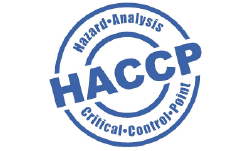
HACCP — Hazard Analysis and Critical Control Points (Análisis de peligros y puntos críticos de control)
HACCP is an internationally recognized system for reducing the risk of safety hazards in food. HACCP requires that potential hazards are identified and controlled at various points in the process, including chemical, biological, and physical hazards.
This method is based on seven principles:
- Conduct a hazard analysis
- Identify critical control points
- Establish critical limits
- Establish monitoring procedures
- Establish corrective actions
- Establish record keeping procedures
- Establish verification procedures
